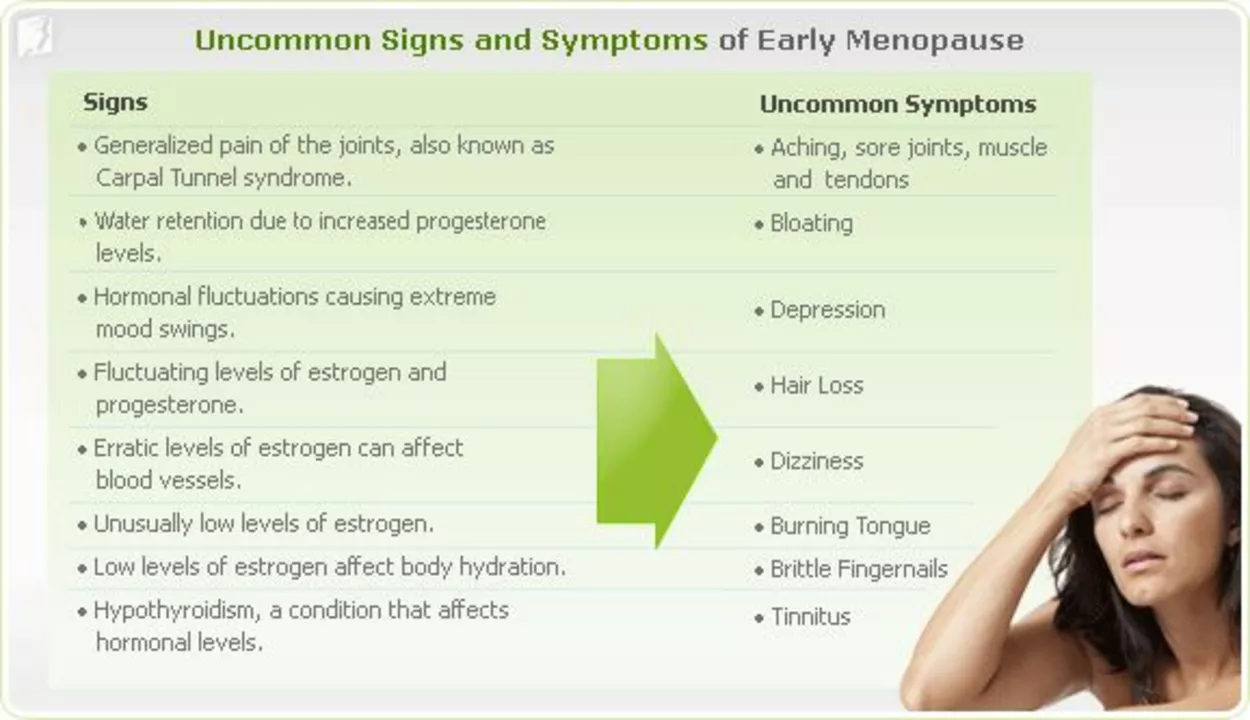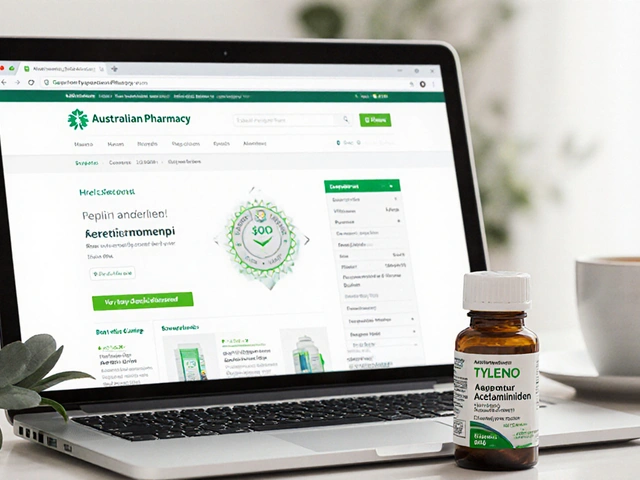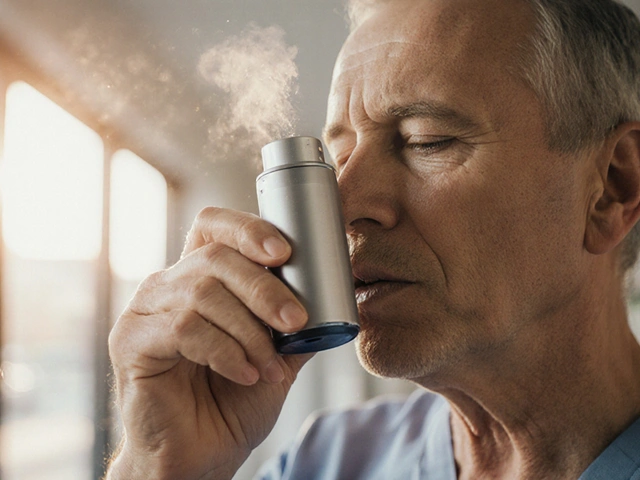Alcohol — what to know about drinking, medicines, and safety
Alcohol affects your body and the medicines you take. A single sentence fact: mixing alcohol with some drugs can make side effects worse, reduce treatment benefits, or even be life-threatening. Here I’ll point out the key risks, common medicine clashes, and straightforward steps you can take right now.
Medications that matter — avoid surprises
Some medicines are safe with moderate drinking, but many aren’t. Disulfiram (Antabuse) is a drug used to discourage drinking — it makes you feel sick if you drink. If you’re considering Antabuse, you’ll need a clear plan and medical supervision.
Antibiotics like levofloxacin or levaquin don’t always pair well with alcohol; alcohol can worsen side effects like dizziness and nausea and slow recovery. Pain meds are another big category: combining alcohol with acetaminophen raises the risk of liver damage, while mixing alcohol with opioids or certain sedatives can dangerously slow breathing.
Even common drugs for anxiety, sleep, or depression can interact with alcohol. For example, drinking while on some antidepressants can increase drowsiness or impair coordination. Always check the label and ask your prescriber.
Practical steps: what to do and when to get help
If you take prescription meds, read interactions and ask your doctor whether it’s safe to drink. Be honest about your drinking — doctors can only help if they know the full picture. If you’re starting a medicine like Antabuse, get clear instructions on how long to avoid alcohol and what to do if you slip up.
Watch for red flags: severe dizziness, fainting, fast heartbeat, vomiting, confusing thoughts, or any trouble breathing. Those are signs to seek emergency care. For milder problems — increased sleepiness, stomach upset, or new unusual symptoms — contact your clinician for advice.
If you’re worried about alcohol use itself, small steps help: set limits, track drinks, avoid keeping alcohol at home, and ask friends for support. If cutbacks are tough, treatments exist — counseling, support groups, and medications. Our guide on Antabuse explains how disulfiram is used alongside counseling to support sobriety.
Want a quick checklist? 1) List all your meds (including OTC and supplements). 2) Ask your pharmacist or doctor about alcohol risks for each one. 3) Avoid drinking when starting a new drug until you know how you react. 4) Know emergency signs and have a plan. 5) If you’re trying to stop drinking, seek medical help—withdrawal can be dangerous without supervision.
If you want more detailed reads, check our Antabuse article for treatment basics and safety tips, or our pieces on how common drugs like acetaminophen and antibiotics behave around alcohol. Talk to a health professional before changing meds or stopping alcohol suddenly. Simple steps now prevent bigger problems later.





